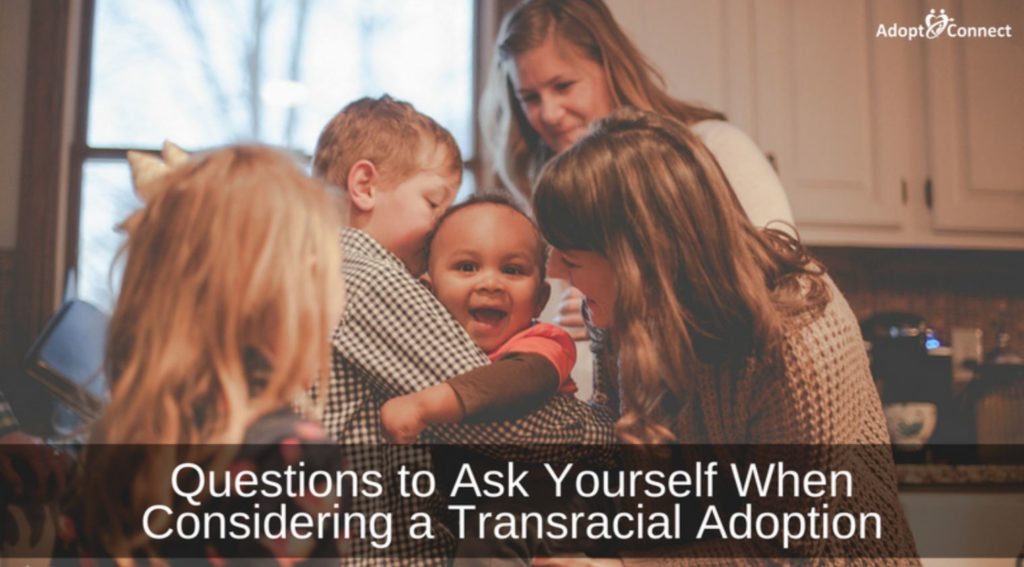
04.14.2021
Adoption alone is a huge decision. It is important to be honest with yourself when it comes to transracial adoption though.
It is commonly known that the less preferences you have to the race or gender of a child, the higher the odds to completing the adoption process quicker.
But there are things you need to consider when it comes to transracial adoptions.
Do you live in a diverse community?
This might seem silly but it is an important question to think about. Really be honest with yourself when it comes to how diverse your community is. It is important to live in a community where your child will not feel left out or different. Are you will to move to a more diverse place?
How diverse are your family and friends?
It is important to surround your family with people who will support you. Would you family and friends be supportive of your child? Also, it is important for the child to be around people that look like them and share in their culture. If you do not have a diverse group of friends, are you will to make an effort to make some?
Are you willing to cut off people who aren’t supportive?
How will you react if you have family and friends who aren’t supportive or do not agree with your child being a different race? Are you willing to cut ties with them?
If you have a spouse, are they as committed to a child of a different race as you are?
It is important that you and your spouse are on the same page. If you are willing to move or cut ties with unsupportive people, is your spouse as well? You both need to be honest and clear when discussing this topic together.
Are you committed to learning the how to take care of a child of a different race?
Some might feel over-whelmed at the thought of a transracial adoption being a forever learning experience. Are you will to learn how to care for a child of a different race’s hair, skin, etc?
Do you plan to learn about and include your child’s racial culture as part of your daily life?
In a transracial adoption, the child needs a parent who embraces, his or her racial culture. Are you willing to incorporate the child’s culture in their everyday life?
Can you face confrontation when you have to?
Most likely when raising a child of a different race, you will get stares, comments, and questions. Are you prepared to confront family, friends, people in your community, and even strangers?
Answering these questions honestly is just the first step. The most important thing to do following this is to research.